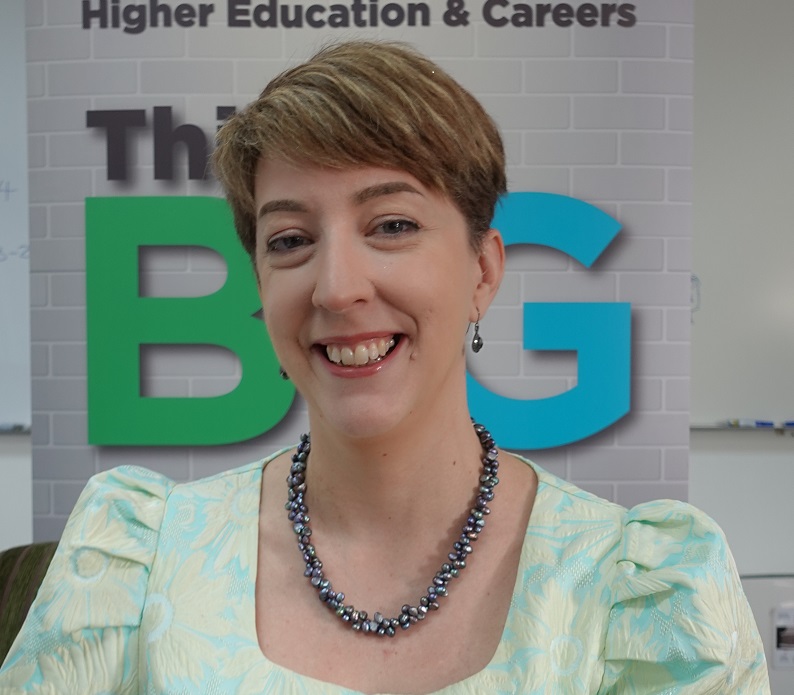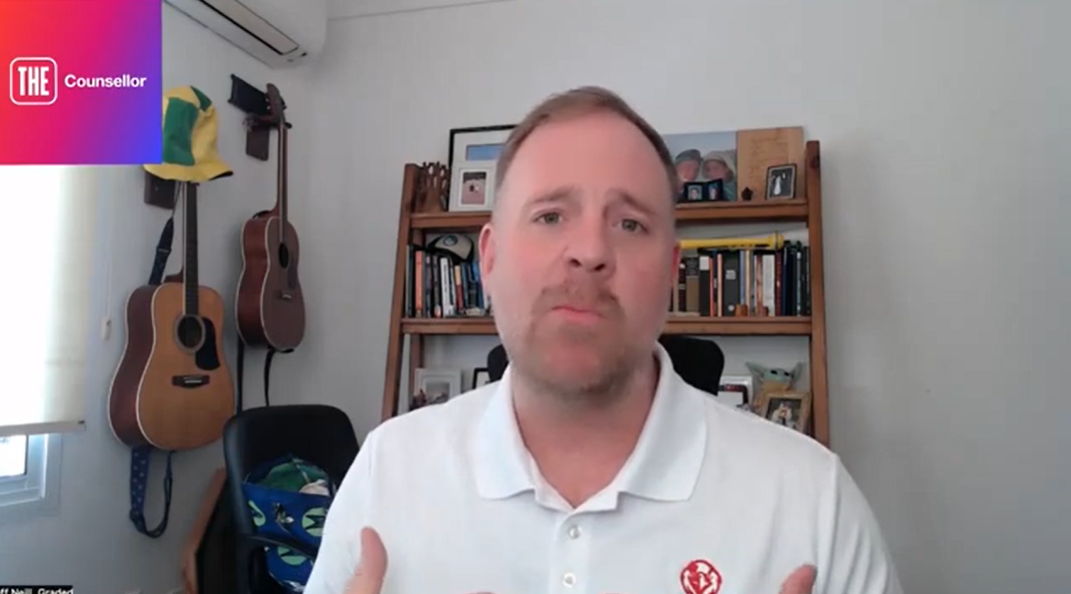How to support students applying to multiple countries
More and more students are choosing to apply to universities in multiple countries, so how can counsellors support these students and help them make their decision?

In international schools, it is not uncommon that students will be exposed to many international university destinations and, as such, may end up applying to several different countries.
There are many great reasons students will choose to apply across countries, such as the availability of scholarships, courses and visa opportunities. It may be that one country will be a student’s “far reach” choice such as the Ivies in the US or the University of Oxford in the UK, and another country could be a “target” destination.
Perhaps they are applying for psychology in the UK, and international business in the Netherlands. Whatever the reason, students will commonly make multiple applications and then have the challenge of decision-making once the offers come through! Here are some things you can help them think about when making their final decision.
Decision-making skills
While many students have good reasons for making global applications, for some it is a fear of having to make a decision, decision avoidance or feeling so anxious about making the wrong decision that they make no decision at all.
The role of the counsellor becomes important in working through these feelings with students; I commonly like to use the concept of rational emotive behaviour therapy, as well as exploring what type of decision-maker the student is.
There are many free resources like this one from the University of Kent to start this exploration. Understanding how students make decisions can enable counsellors to help students make enrolment decisions with confidence.
Money talks
Once students have received offers, they can keep multiple offers open, but this can require the exchange of money and means that they have to start the visa process.
In the US, students will commonly have to accept an offer on 1 May (before the start of the academic year), at which point the visa process can start and a deposit may be due. For example, John Hopkins University requires a deposit of up to $300, which is later deducted from the student’s first-year tuition fees.
In Canada, students can usually accept offers a little later in the year, but a deposit may still need to be paid. For example, the University of Toronto, Mississauga requires international students to pay a C$1,000 deposit to keep their offer open.
If a student has applied to the Netherlands, they will usually have to accept their offer in May, but fees might not be due until 31 August. However, even if a student does pay the fee, it can be fully refunded if the place is not taken up.
The important thing to remind students who are making multiple country applications is that it can be costly. Counsellors can work with students early on to identify which of the countries they are applying to are likely to ask for early decisions and deposits, and create a decision and funding timeline with the student.
Conditional vs unconditional
With many systems across the world, different countries can make different types of offers, such as unconditional offers or a conditional offer based on a student’s fulfilling certain grade requirements.
Students may want to keep an unconditional offer open while waiting for a conditional one; this takes the pressure off students and can often help them perform better in their final exams.
For example, one student could keep an unconditional offer from Keio University in Japan while awaiting a conditional offer from Imperial College London in the UK. Counsellors can work with students to discover the benefits of keeping an unconditional offer open, even if this might come at a price.
Applying to countries that can be applied to at any time (such as Australia for those taking A levels) can also help take the pressure off the final exams, with no financial cost attached.
Ethical considerations
It is important to have conversations with students about the ethics of accepting multiple global offers – they need to be aware that they could be taking a place away from another student.
As a counsellor, I will often let the university know that the student is considering other offers across the globe when I send the final grade transcript – I would love to hear how other counsellors approach this aspect and how university admissions would like us to approach this aspect.
In light of rising global applications, this is an important element for all stakeholders to consider going forward.




